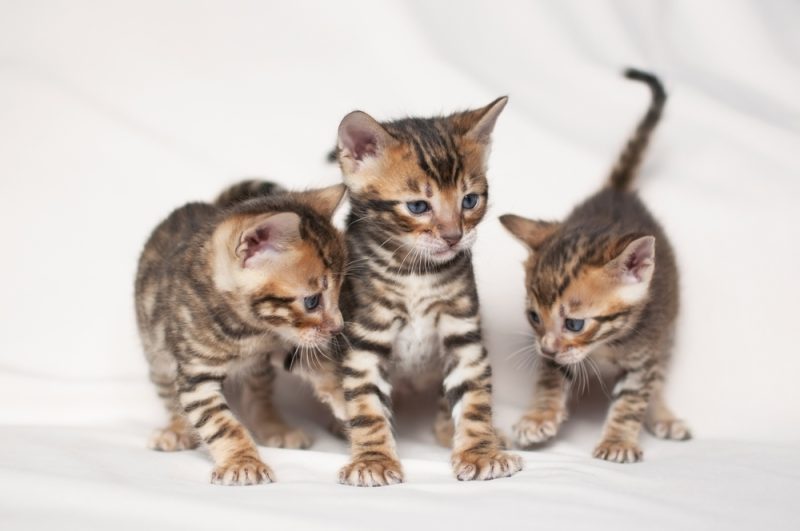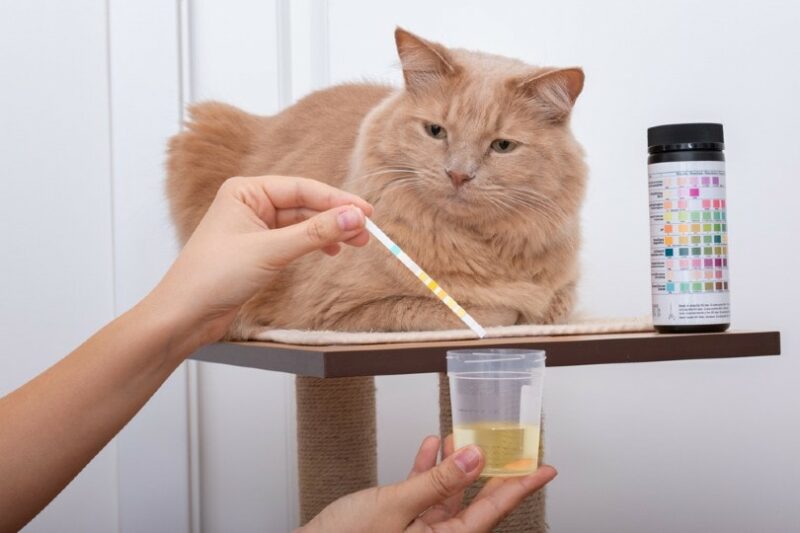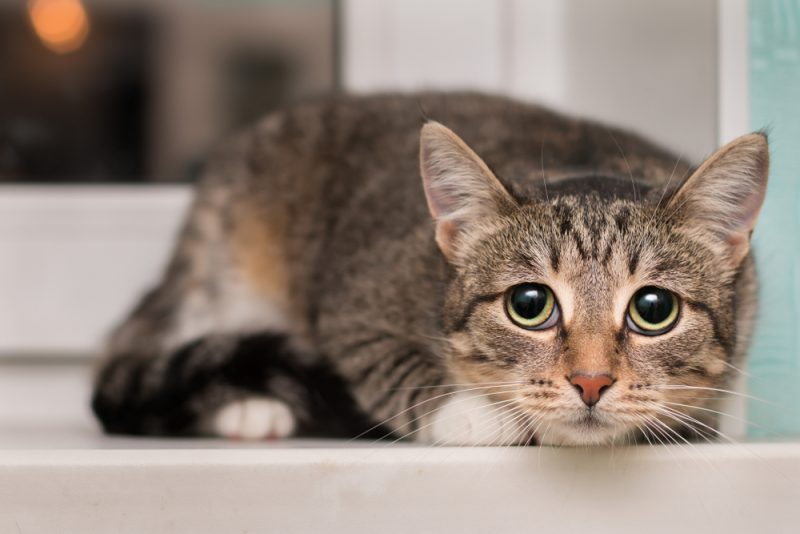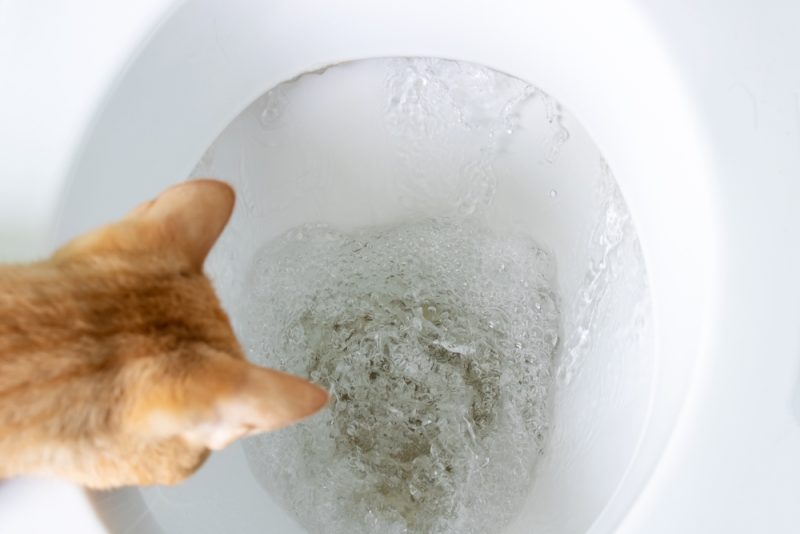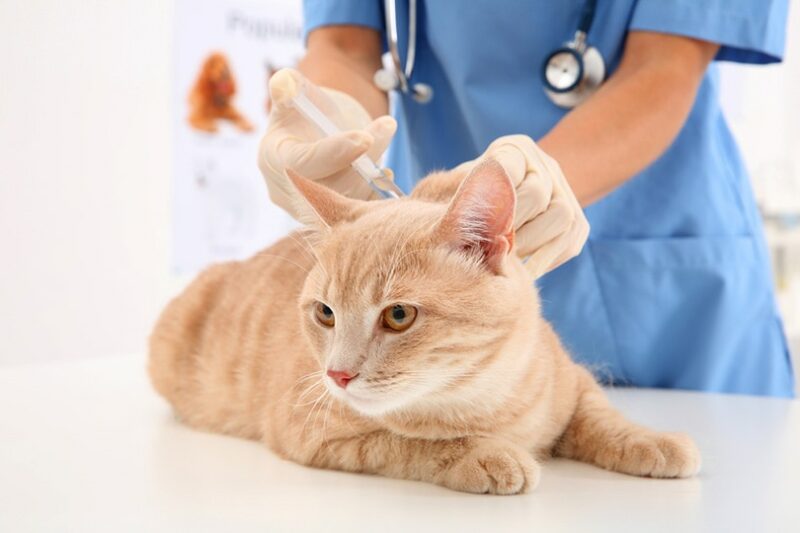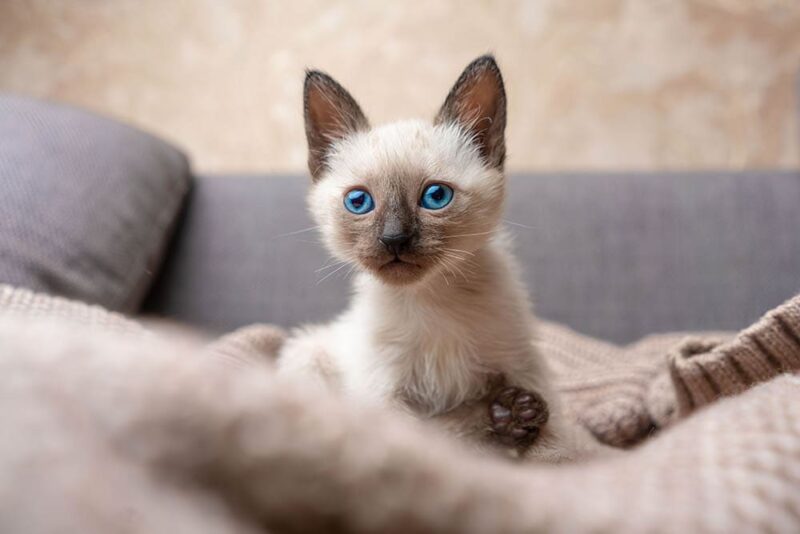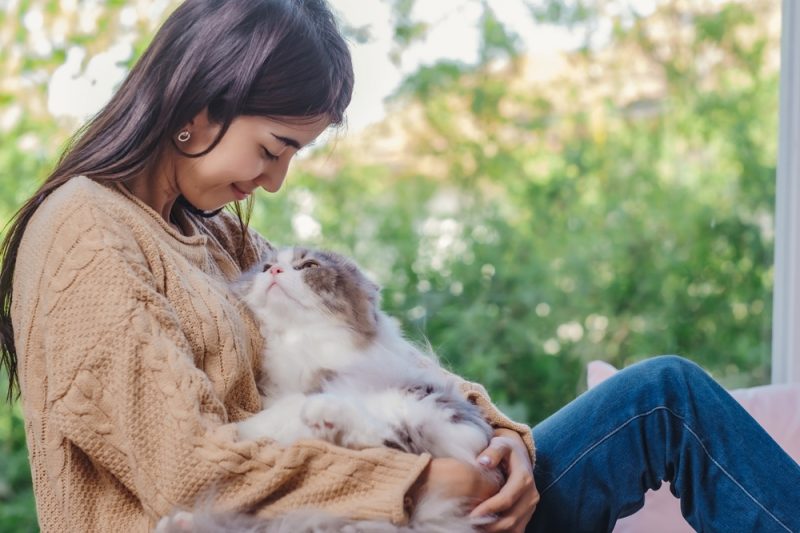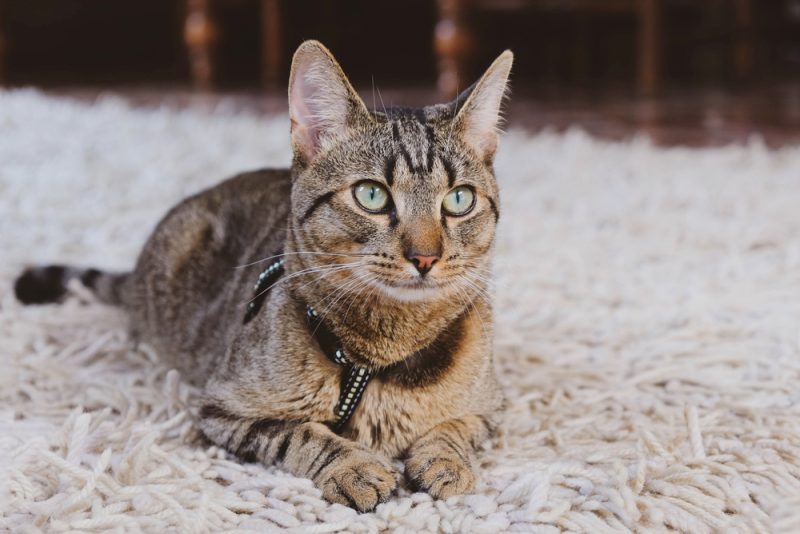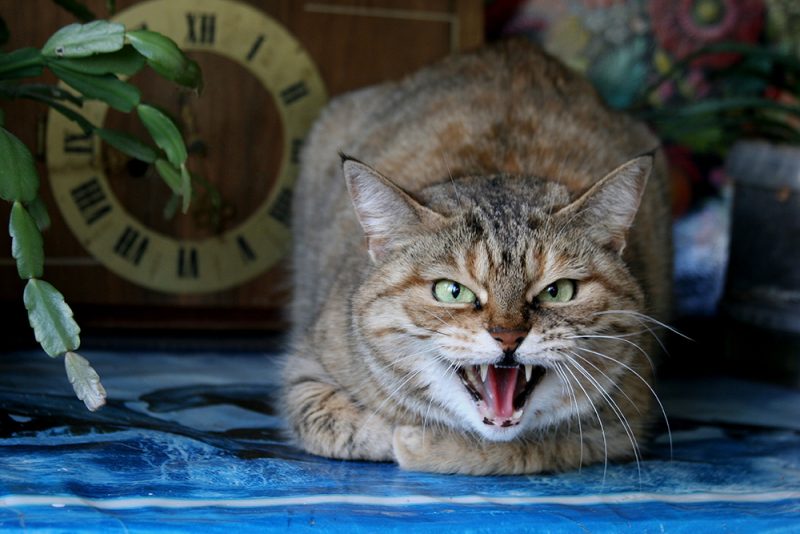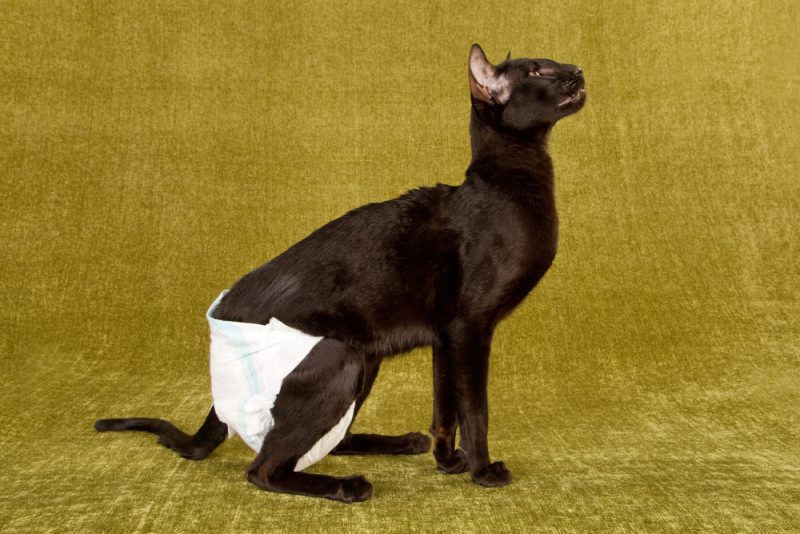In this article
View 2 More +Excited Cats advocates for adopting before shopping, though we fully understand there are many reasons for seeking a breeder. So, we encourage it to be done the right way. We have not personally visited or investigated all of the breeders below. We have put the top-recommended all in one place for you to get in touch and make the best decision for you. Learn more about our stance and how to choose the right breeder here.
Just like being a cat owner is not as simple as having a cat in your house, being a cat breeder is not as simple as having a cat that gives birth to kittens. Cat owners have a huge responsibility to care for their cats physically, emotionally, and financially, and those responsibilities and more apply to cat breeders.
If you are interested in becoming a cat breeder, you need to adhere to ethical regulations to ensure that your breeding is appropriate, justified, and humane. In this article, we’ll go over what it takes to become a cat breeder, both in terms of expenses and ethics.

Ethical Considerations
Before considering becoming a cat breeder, or even just letting your female cat have one litter of kittens before you get her spayed, it is important to be aware of the ongoing cat overpopulation problem and poor health implications that come as a consequence of irresponsible breeding.
Breeding cats, both intentionally and by accident, sparks a lot of debate, as it directly contributes to increasing numbers of unwanted and abandoned pet cats. Every year approximately 3.2 million cats end up in animal shelters across the U.S.1 Out of these, around 530,000 cats end up being euthanized. This is a major and growing problem due to the cat’s amazing capabilities at reproduction, resulting in an increasing population of lost, abandoned, or unwanted street cats, stray and feral alike.
Breeding animals requires guidance and help from a veterinary professional, alongside not only independent critical research and knowledge, experience, dedication, and financial power, but also a mindset as to why breeding is happening in the first place. Breeding cats and other animals should only be reserved as a means of preserving a species in a healthy and sustainable way, which cats do not have an issue with.
Breeding may be justified in cases of attempting to maintain a certain cat breed, but only if the individual animals have been health tested, regularly vaccinated, and deemed healthy and fit for reproduction. Animals with poor conformation, such as some of the brachycephalic cat breeds, may have ongoing health and welfare issues throughout their life and pass these to the future generations. Breeding such animals is not justified and is considered irresponsible and damaging to the cats themselves, their offspring, and the breed in general. Genetic and health testing is a crucial first step before even considering breeding a particular animal.
Adopting a cat or a kitten from the shelter is a charitable and sustainable way to have a cat companion, even alongside your existing cats, while such an act directly promotes animal welfare and provides a home for previously unwanted or abandoned animals. However, in the occasional instances where breeding cats is justified, it is important to take the responsibility from the very beginning, from ensuring the health and suitability of the parents to avoiding breeding animals with poor conformation or health issues or animals that have a common ancestor (also called inbreeding), as well as ensuring the kittens are well looked after and go to a loving home for the rest of their lives.
Prepare Yourself for the Expenses
Cat breeding is not as simple as having a male and female cat produce kittens. There are several expenses you will need to cover, many of them ongoing.
Upfront Costs
Before you can even begin, you must pay for cat equipment. Food, bowls, litter boxes, nesting boxes, scratching posts, and bedding are the bare minimum, not to mention that a high-quality, complete and balanced diet is a must. Depending on how many breeding cats you plan to own, these costs can be several hundred dollars or more per month.
Then, you will need to purchase the cats. A single breeding cat can easily cost upwards of $1,000, and the price will only increase the rarer the breed is. If you don’t plan to purchase your male cat, you must set aside money for stud fees. These fees are used to pay a breeder who has a male cat to breed. On the other hand, if you choose to purchase a male cat, you will also need to construct a stud house so that the male does not get close to the females when he shouldn’t.
Ongoing Costs
Food and litter must be constantly refilled, and other pet care items will eventually wear out and need replacement. Toys will need to be purchased regularly so that your cats have a good rotation of entertainment options and adequate enrichment.
Medical matters will also be a large part of your ongoing costs. General veterinary care, such as routine checkups, care for accidents and illnesses, sterilization procedures, microchipping, and vaccinations, will need to be in your budget for every cat and kitten you own. In addition, you will need to be able to pay for genetic health tests, disease tests, and blood tests to ensure the health of your breeding cats and any kittens produced.
Other Costs
Besides caring for the cats, you will also need to pay the expenses involved with running a business. This can include insurance costs, website or marketing expenses, cat show equipment and fees, property taxes, and registration fees, just to name a few.
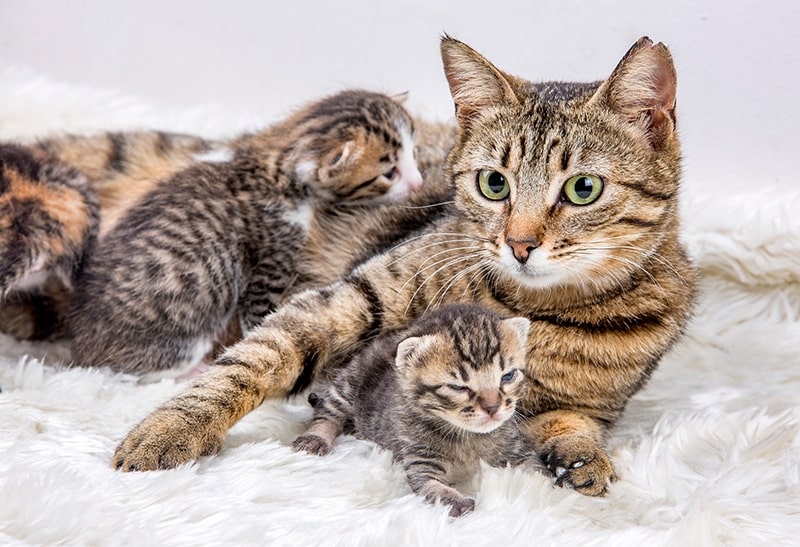

How to Become an Ethical Cat Breeder
Before becoming an ethical cat breeder, ask yourself one question; why do you want to be a cat breeder? If the answer is monetary gain, it is not the right profession for you. Also consider whether it is justified and necessary to breed your cats in the first place, keeping in mind the ethical considerations we discussed. If you believe so, continue reading to find out more.
As a cat breeder, your priority must be in the best interest of every cat and kitten in your care. If you are dedicated to the breed that you are breeding and capable of providing for the health and safety of each cat you own, you may be ready to become a cat breeder.
1. Research Cat Breeding
This step may take longer than any other steps on this list, which is okay. Before you begin, you need to know the ins and outs of cat breeding. Of course, you learn some things with experience, but the safety and well-being of your cats cannot be left up to chance. If you do not put much effort into this step, your breeding efforts will likely fail before they even begin.
Speak to a veterinarian, as they will be able to point you towards verified and helpful websites and resources and give you first-hand advice based on your circumstances. Learn about the feline reproductive process as well as the birthing process. If you know any reputable local cat breeders, reach out to them and ask specific questions about cat breeding, cat care, and running an ethical breeding business. Familiarize yourself with local and state legislation and requirements.
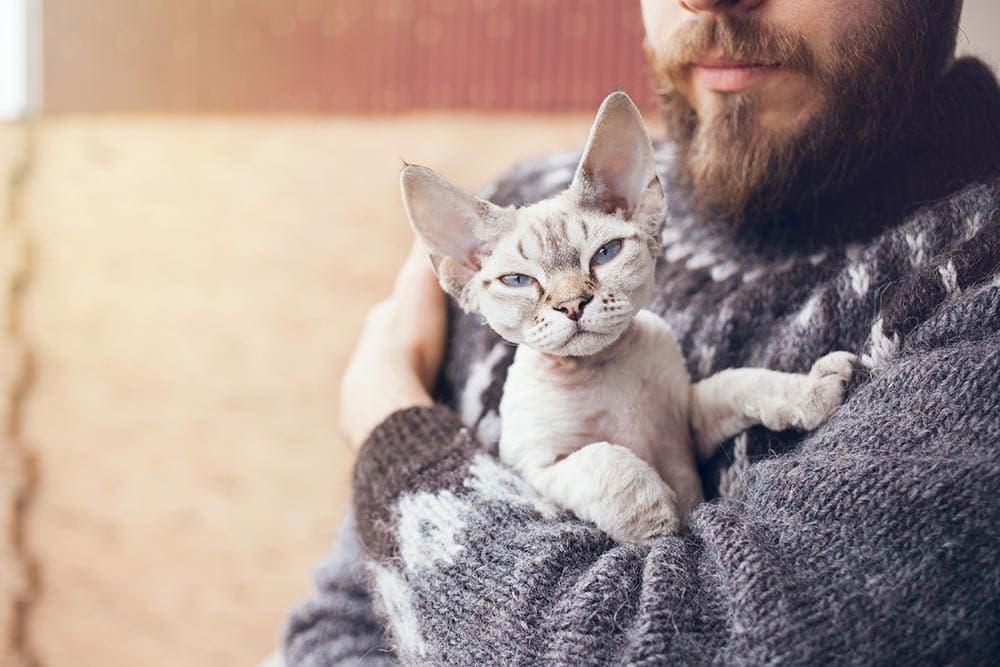
2. Register With a Notable Cat Council
Registering with a notable cat council, such as the Cat Fanciers’ Association, is one of the best ways to ensure you follow ethical guidelines. By registering with a reputable cat council, you will be held to a high moral and humane breeding standard, while also having support in the process.
3. Acquire a Male and Female Cat
When you are ready to get to work, you can purchase a male and female breeding cat. You will need to buy these cats from a reputable breeder rather than a shelter or a friend, as you will want to ensure that your breeding cats have an excellent pedigree, known lineage, and required health testing.
If you purchase both a male and female cat, you must have separate housing for them. Without separate housing, your female cat may become impregnated before fully recovering from her previous labor and delivery.
If you decide against purchasing a male cat, you will need to establish a relationship with another reputable breeder who has a male breeding cat. That is where stud fees will come into play.
Ask the breeder to show you official medical and genetic records so that you can verify the health of the stud. Be prepared to provide similar documentation for your cat as well.
4. Register Your Cats
Register all breeding cats on the active register with your chosen cat council. Details for how to do this will vary depending on the organization you are registered with.
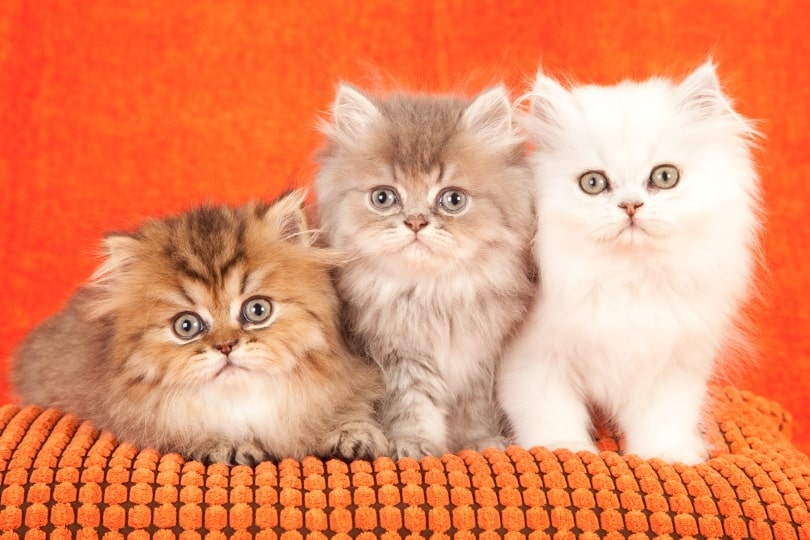
5. Breed With Care and Intent to Improve the Breed
When you begin breeding cats, ensure that your focus is always on what is best for the breed and the cats in your care. Knowing which diseases to screen for is essential because each breed may have various vulnerabilities. Ensure the cats you breed are not related and do not share a distant ancestor. Speak to your veterinarian about preventative and ongoing healthcare and available health and genetic testing for your cat before considering breeding from them.
6. Keep All Cats and Kittens in a Sanitary Environment
Ensure that all cats are always given high-quality food, water, shelter, litter, and other necessities. Schedule regular veterinary visits with all cats and kittens, and give your queen plenty of time to recover after giving birth.
7. Maintain All Records
When your cat receives medical care, genetic testing, blood testing, disease testing, or any other notable procedure, maintain the records. Any trusted breeder can produce all documentation they have on a specific cat when requested.
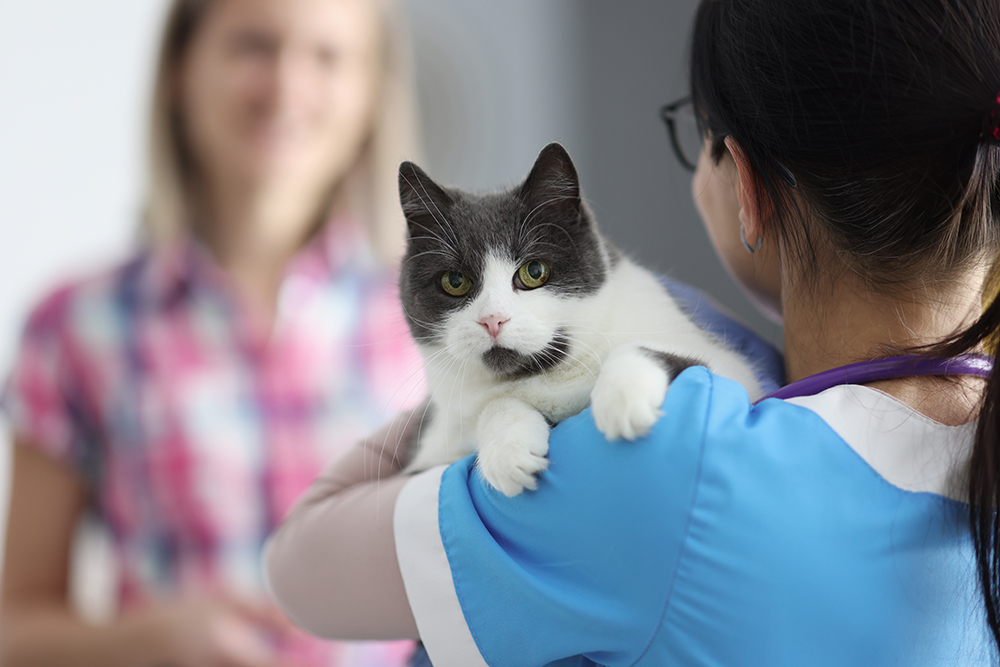
8. Only Sell Healthy Kittens
If a kitten is born unhealthy or temporarily falls ill, do not sell them to your customers, particularly not without prior disclosure. Also inform other customers about the health of the litter in case another kitten gets sick later on. Likewise, if a kitten has yet to reach a proper level of immunity against common infectious diseases, do not sell them prematurely.
Ensure all kittens have been examined by your vet, started their vaccinations, and had worming and flea treatments. Be transparent and honest about your cats’ and kittens’ health with future customers, and if there are any health issues, speak to your vet about the causes behind it. If the cat parents are deemed to be responsible for declining or poor kitten health, they should not be used for breeding again, and they should be spayed and neutered.
9. Remain Connected With Your Buyers
Once a kitten has been purchased, that is not the end of the story for you. You must stay in contact with the new owners in case they have any questions or concerns about their cats in the future. It is your responsibility to provide continuous education and advice. Please note, however, that you are not meant to replace the role of a veterinarian in any way.

Conclusion
Cat breeding is not for everyone and is not always justified or ethically acceptable. Before dedicating yourself to this line of work, ensure that this is the right thing to do and that you can provide for all potential expenses. Likewise, you must adhere to ethical and humane breeding practices to produce the healthiest kittens. Breeding cats is difficult work, but bringing new life into the world and contributing to a cat breed you are passionate about, finding them loving homes for the rest of their lives can be incredibly rewarding.
Featured Image Credit: Kutikova Ekaterina, Shutterstock
